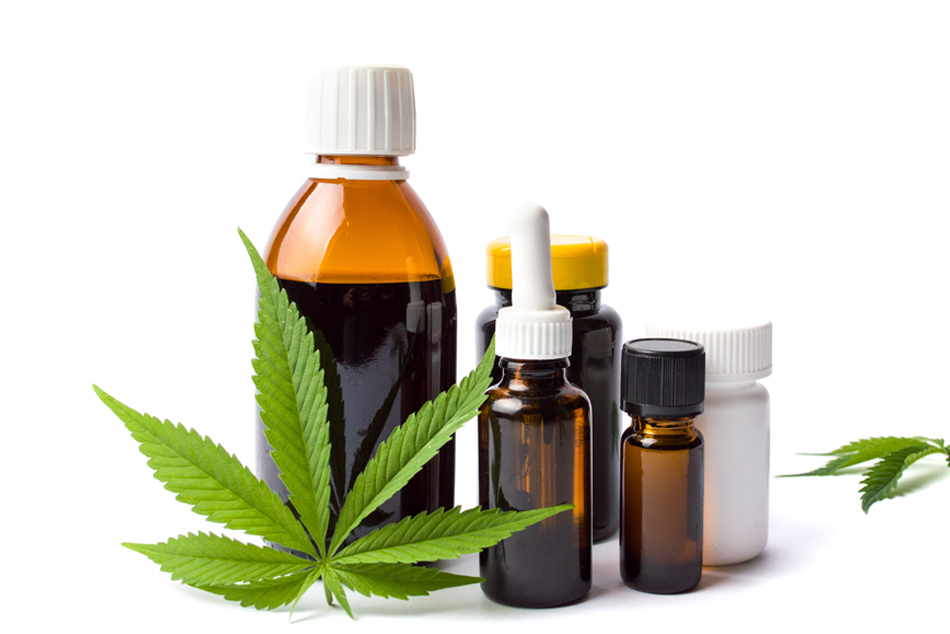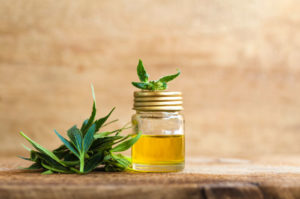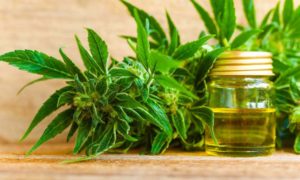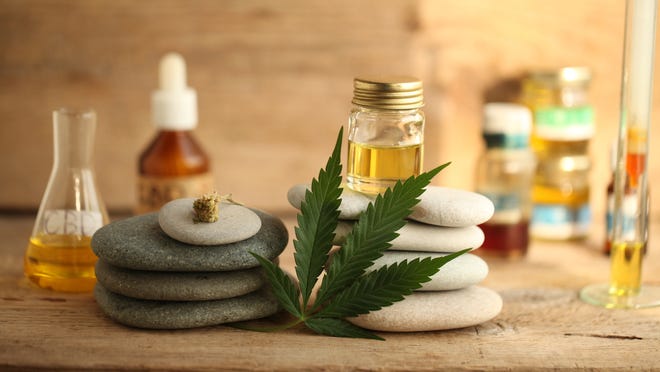Is Delta 8THC Legal?

Yes, Delta 8 THC is legally allowed according to New York State law. As with federal law, New York officially legalized all derivative, synthetic, and isoflavones, including all tetrahydrocannabis, other than delta 9-tetrahydrocannabis. However, state officials and local law enforcement officials continue to express concern and confusion about the impact of this new legal status on the medical marijuana industry in New York City. As expected, marijuana arrests and seizures have increased dramatically in New York City since the passage of Initiative 47, although police departments have stated that they are not going to “formally” list cannabis as a controlled substance under the state law until the state legislature takes action.
In a recent hearing before the state Legislature’s Criminal Justice: Committee, Assemblyman James Oddo (D- Essex) expressed his concern that police would lose important tools in the fight against illegal drug activity. Specifically, he said that because many of the drugs involved in the sale and distribution of prescription medications are synthetic, the arresting officer will have no way to determine if the subject is actually using the drugs or if they are being laced with dangerous contaminants. According to Mr. Oddo, a controlled substance becomes a controlled substance when a controlled substance is found in the possession of the person for whom it was sold. The only exception to this requirement is if the patient in question has a valid written prescription from a licensed doctor that authorizes the prescription. Even then, if the doctor failed to submit the prescription to the state Board of Pharmacy, the pharmacist is not required to validate the prescription.
Mr. Oddo continued: “If a patient comes to the pharmacist for a medication and the pharmacist tells the patient that it is not a legal document found in the pharmacy, then the patient may be thinking that if the medication is an illegal document found in the pharmacy, then they cannot be legally obtained from the pharmacist. This could become a problem if the patient were to order more than one bottle of the same medication.” He continued, “The only way for a pharmacist to know if a prescription is a legal document found in the pharmacy is to check the pharmacy’s records. If the pharmacist is unable to find the legal document, the pharmacist must assume that it is an illegal document found in the pharmacy.” Because of the importance of verifying the source of prescriptions, Mr. Oddo proposed adding a provision to a bill that would require a prescription for any product containing the hemp extract to be accompanied by a written statement from a qualified pharmacy.
Mr. Oddo said he has been negotiating: with the Assembly Majority Leader for nearly two months to include a provision that would mandate a prescription for any industrial hemp extract found in products other than medical purposes. Currently, in Vermont, no such lawful representation is present when a manufacturer sells an item to the consumer without a prescription. He explained that this could create a situation in which a consumer decides to grow his or her own supply of industrial hemp, only to be arrested and prosecuted for violating the law. Mr. Oddo believes that there is already a common-law violation with regards to cultivation of the seeds thereof, but he wants the Assembly to include a reference to state pharmacists in order to avoid the possibility of prosecution by the federal government for growing the plant “without a valid prescription.”
According to Mr. Oddo, the House will not take up: the proposed hemp bill at this time because he believes it does not meet the definition of medical marijuana in the House. He explained that under current interpretations, the House will not consider any therapeutic benefit to be derived from the plant sativa, including any potential benefit derived from the Delta THC oil. Mr. Oddo also believes that the House is not prepared to define which types of seeds are legal in the state. Mr. Oddo stated that the only way for the House to take up the matter is to exclude the consumption of any medical marijuana extract, even “therapeutic” marijuana extract.
Mr. Oddo concluded his testimony by asserting: “The hemp industry has suffered a huge blow because the California House of Representatives wants to make it illegal to grow cannabis plants with the ingredient CBD. This is a clear violation of the Fifth Amendment and a blatantly political decision. If the House leadership wants to pass a hemp bill that is toothless, I think they need to rethink their priorities.
I hope the California delegation will stand up to the political pressure and stand firm on making sure the CBD requirement is never included in any legitimate hemp legislation.”






